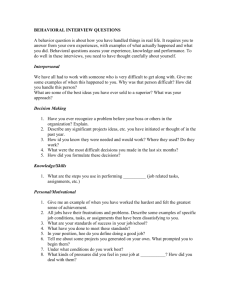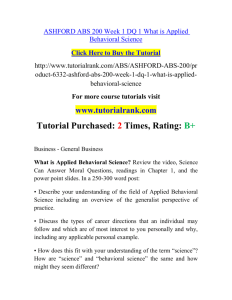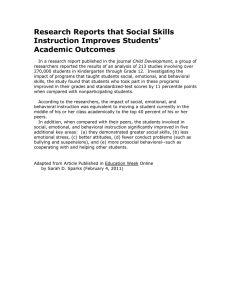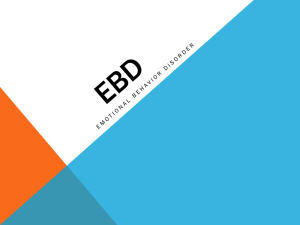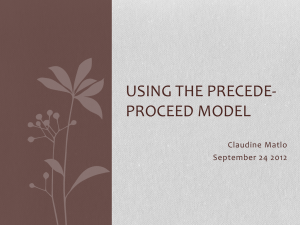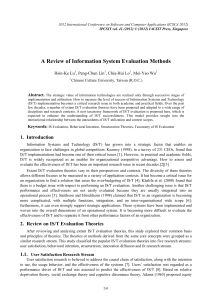MBA 629 - Managing Organizational Behavior Instructor Paul D. Johnson, Ph.D.
advertisement
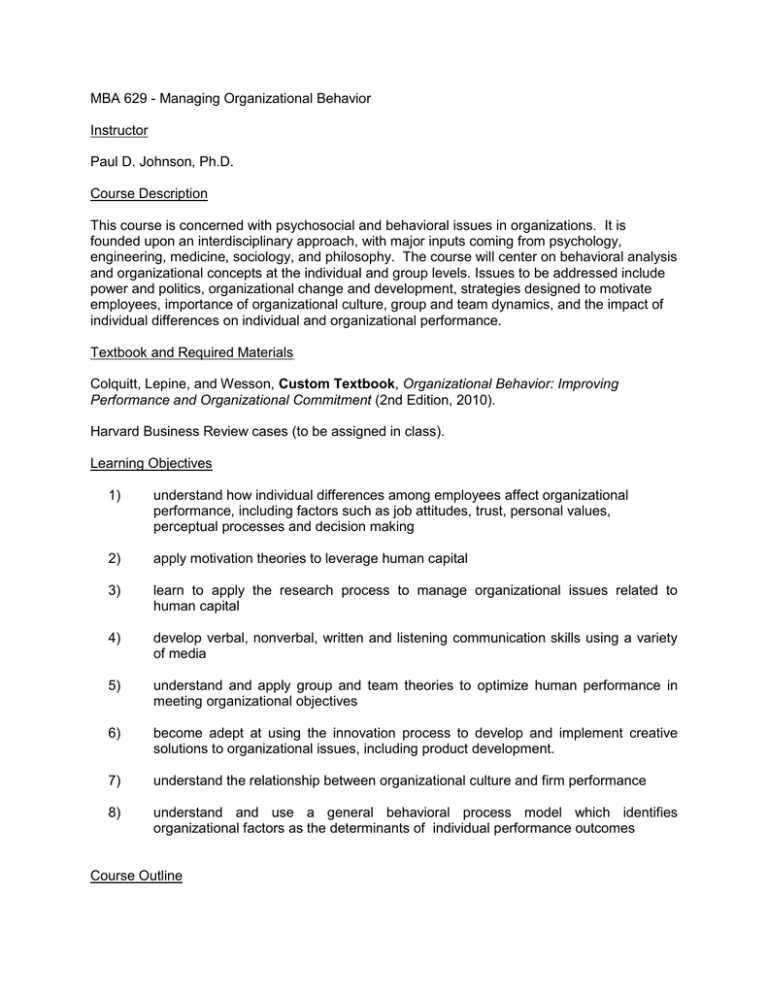
MBA 629 - Managing Organizational Behavior Instructor Paul D. Johnson, Ph.D. Course Description This course is concerned with psychosocial and behavioral issues in organizations. It is founded upon an interdisciplinary approach, with major inputs coming from psychology, engineering, medicine, sociology, and philosophy. The course will center on behavioral analysis and organizational concepts at the individual and group levels. Issues to be addressed include power and politics, organizational change and development, strategies designed to motivate employees, importance of organizational culture, group and team dynamics, and the impact of individual differences on individual and organizational performance. Textbook and Required Materials Colquitt, Lepine, and Wesson, Custom Textbook, Organizational Behavior: Improving Performance and Organizational Commitment (2nd Edition, 2010). Harvard Business Review cases (to be assigned in class). Learning Objectives 1) understand how individual differences among employees affect organizational performance, including factors such as job attitudes, trust, personal values, perceptual processes and decision making 2) apply motivation theories to leverage human capital 3) learn to apply the research process to manage organizational issues related to human capital 4) develop verbal, nonverbal, written and listening communication skills using a variety of media 5) understand and apply group and team theories to optimize human performance in meeting organizational objectives 6) become adept at using the innovation process to develop and implement creative solutions to organizational issues, including product development. 7) understand the relationship between organizational culture and firm performance 8) understand and use a general behavioral process model which identifies organizational factors as the determinants of individual performance outcomes Course Outline Week 1: Introduction to organizational behavior and its impact on individual and organizational performance; Using the research process to understand organizational behavior Week 2: Job performance: Outcome of a behavioral process model Week 3: Organizational commitment: The ‘other’ important performance outcome Week 4: Social network analytics: Human behavior and organizational success as a function of relationships Week 5: Multicultural organizational behavior Week 6: Organizational culture and climate as behavioral antecedents Week 7: Team performance: Group behavioral processes Week 8: Job satisfaction: Better performance from people that like what they do Week 9: Theories and techniques of motivating employees Week 10: Trust and organizational justice: “Lubricants” of economic activity Week 11: Organizational and individual learning and decision making processes Week 12: Innovation as a process of implemented creativity in complex adaptive systems Week 13: Individual abilities and resources: Intelligence, emotional intelligence, and stress Week 14: Group Case Presentations Week 15: Final


